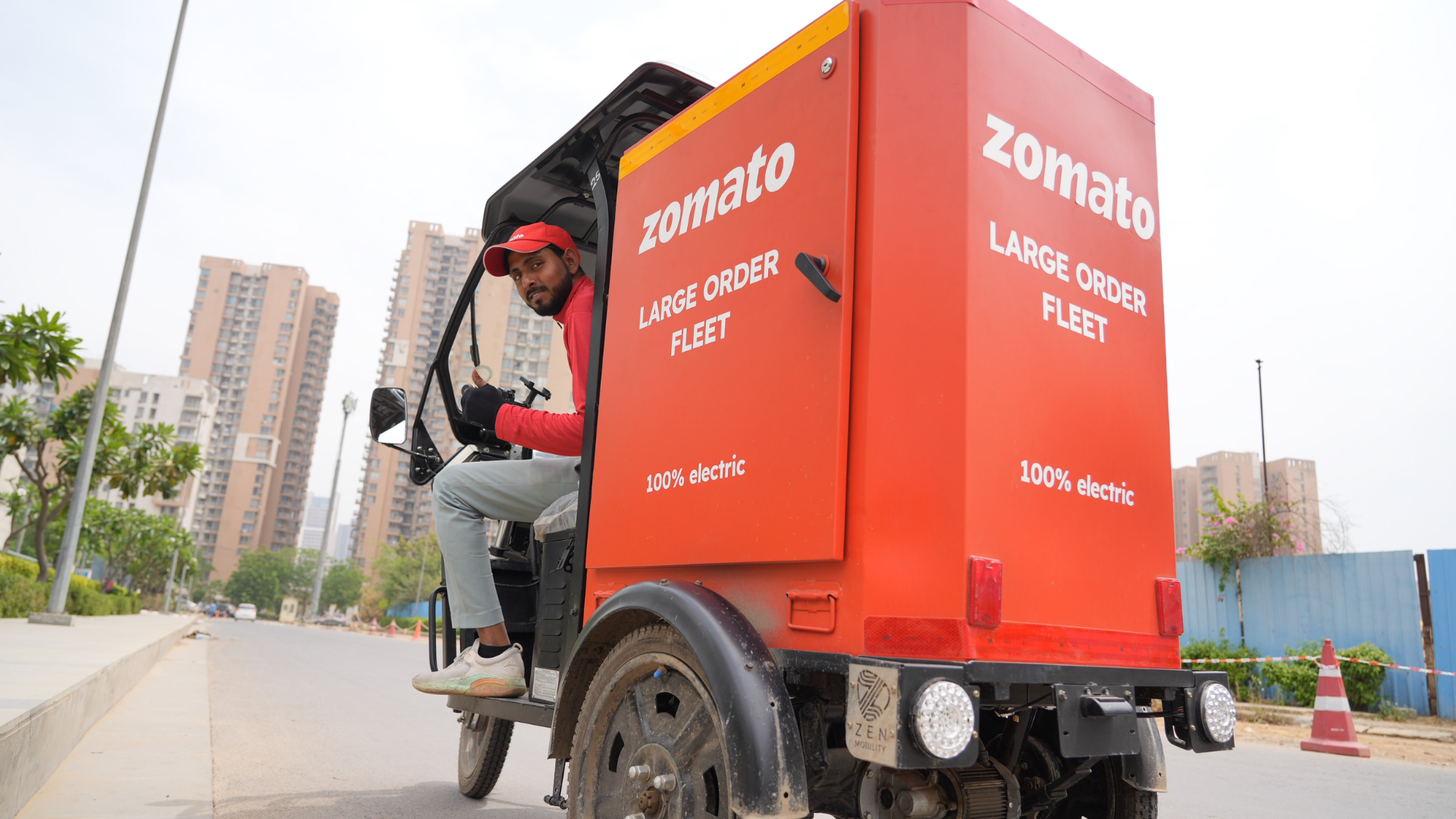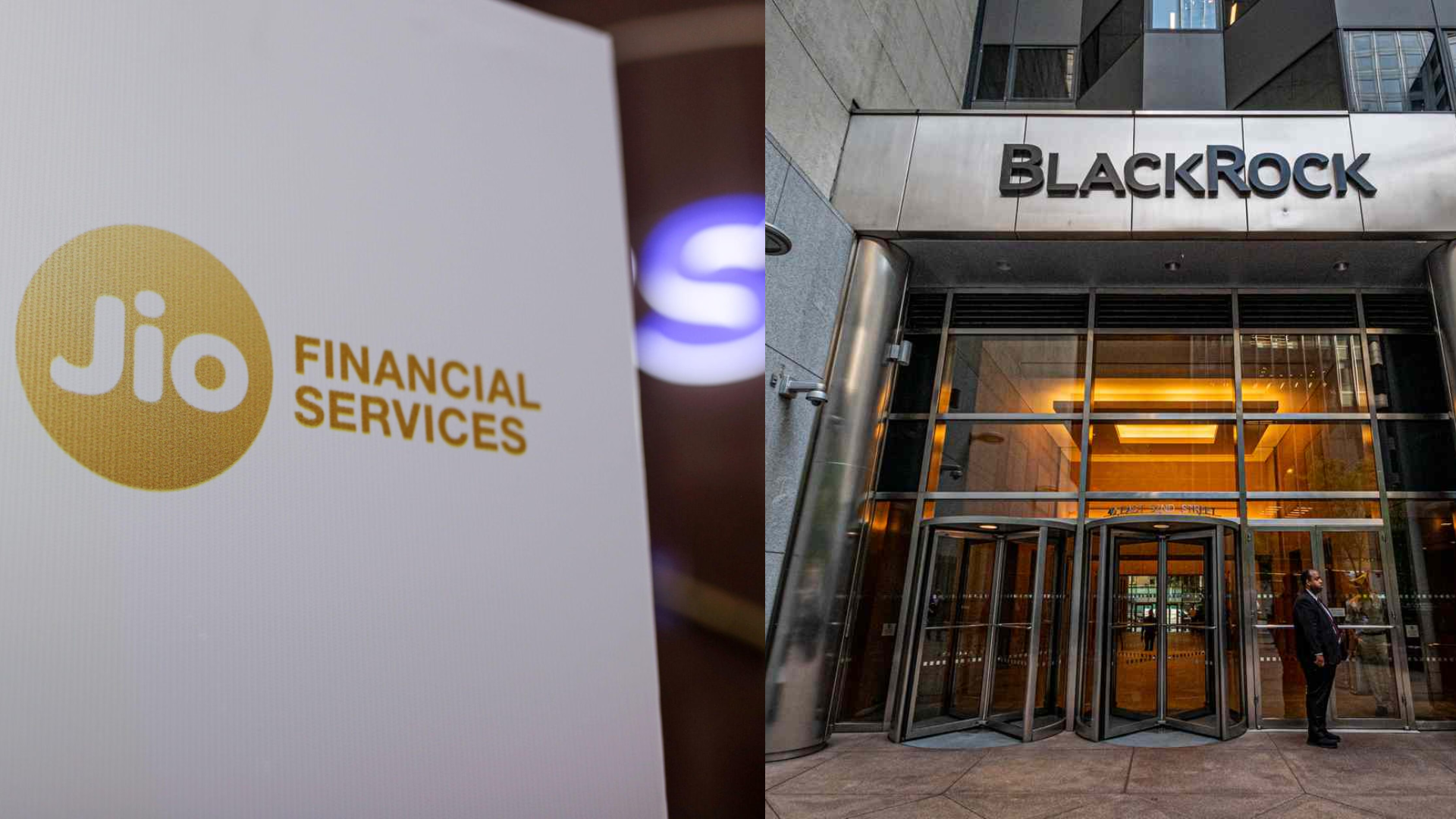










Hyundai Motor India achieved the highest-ever domestic sales in the calendar year 2023, surpassing the six lakh sales milestone. The automaker recorded sales of 6,02,111 units, registering a 9 per cent increase over the previous year’s 5,52,511 units. Additionally, Hyundai Motor India elevated its export performance by 10 per cent, shipping 1,63,675 units in 2023 compared to 1,48,300 units in the previous year.
In December 2023, Hyundai Motor India achieved total sales of 56,450 units, comprising 42,750 units in domestic sales and 13,700 units in exports. “HMIL has not just kept pace but surpassed industry growth (estimated at around 8.2%), a testament to customers choosing brand Hyundai as their preferred mobility brand,” said Tarun Garg, Chief Operating Officer, Hyundai Motor India.
“Also, in 2023, we proactively expanded our annual production capacity by 50,000 units to meet the increasing demand from our customers.” The automaker presently operates from 1,366 sales points and 1,548 service points across India.
The model line-up consists of 13 car models across segments: Grand i10 NIOS, i20, i20 N-Line, AURA, EXTER, VENUE, VENUE N-Line, VERNA, CRETA, ALCAZAR, TUCSON, KONA Electric and all-electric SUV IONIQ 5.
Its fully integrated, state-of-the-art manufacturing plant near Chennai boasts advanced production, quality, and testing capabilities. Its exports span across 88 countries, starting in Africa, the Middle East, Latin America, Australia, and the Asia Pacific.
Meanwhile, cars manufactured by Hyundai Motor India will cost more starting today. The automaker announced in early December that the price increase was needed owing to rising input costs, an adverse exchange rate, and an increase in commodity prices, amongst other reasons.
However, the automaker maintained that it will continue to make consistent internal efforts to minimise future price impacts on customers.










